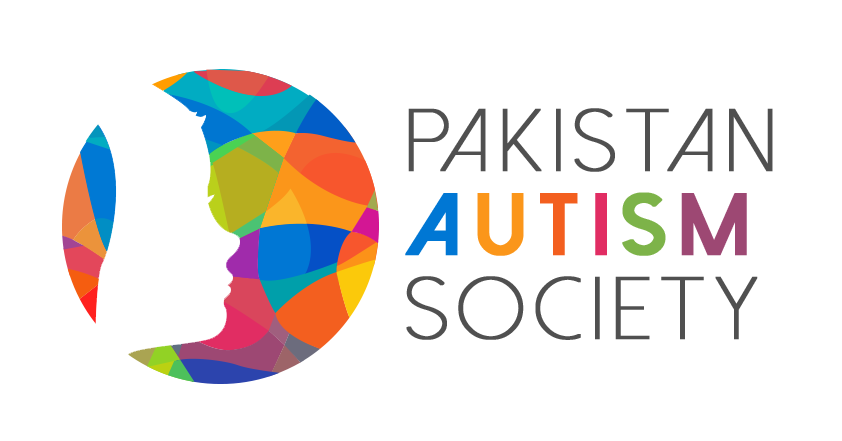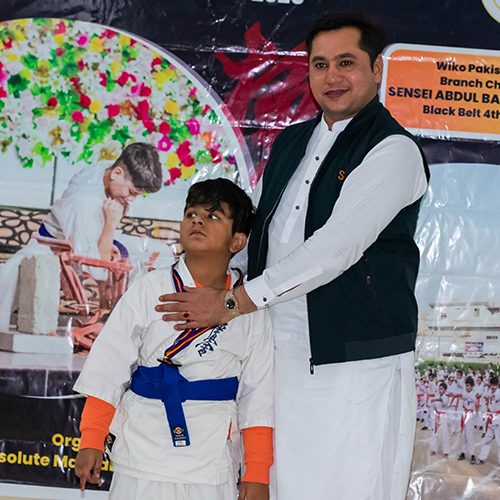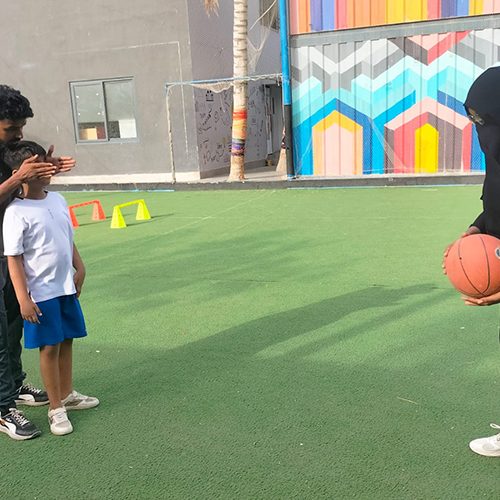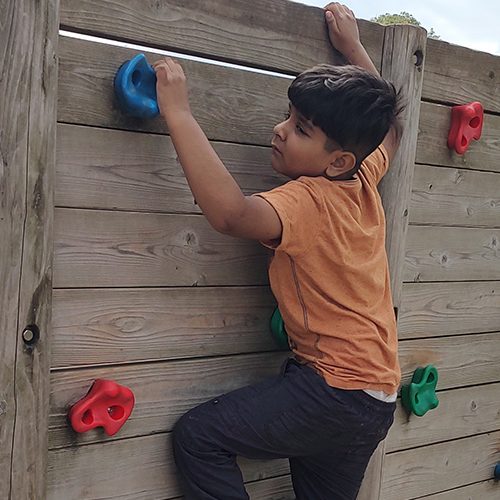Music is a universal language that transcends barriers, and for autistic children, it can be a gateway to expression, connection, and growth. Music therapy—an evidence-based practice—uses musical experiences to address non-musical goals, offering unique benefits for children with Autism Spectrum Disorder (ASD).
Let’s explore how music therapy helps autistic kids and why it’s gaining recognition as an effective intervention.
What is Music Therapy?
Music therapy involves the clinical use of music to accomplish individualized goals within a therapeutic relationship (American Music Therapy Association, 2023). Certified music therapists design sessions that may include:
- Singing
- Playing instruments
- Moving to music
- Improvisation
- Listening to music
For autistic children, music therapy can support various developmental areas, including communication, social skills, and emotional regulation.
Benefits of Music Therapy for Autistic Kids
1. Enhances Communication Skills
Many autistic children experience challenges in verbal communication. Music therapy offers a nonverbal outlet that encourages self-expression and interaction. Research shows that musical activities stimulate brain areas linked to language (Wan et al., 2010), helping children practice:
- Eye contact
- Vocalizations
- Turn-taking
2. Supports Social Interaction
Group music therapy sessions create a safe environment for socialization. Activities like musical games or shared instrument play promote joint attention and cooperative behaviors—key social skills often difficult for autistic children (Kim et al., 2009).
3. Regulates Emotions and Reduces Anxiety
Music’s calming effect can help autistic children manage sensory sensitivities and anxiety. Studies suggest that rhythmic music can lower stress hormones and support relaxation (Gold et al., 2009). This can be particularly helpful in situations that typically cause distress, such as transitions or unfamiliar environments.
4. Promotes Motor Skills
Activities like drumming or dancing to music enhance gross and fine motor coordination. For autistic children, these experiences offer fun and motivating ways to practice movement, improving physical development alongside social and emotional growth.
Evidence-Based Research on Music Therapy for Autism
Multiple studies highlight the effectiveness of music therapy in improving outcomes for autistic children:
- A 2014 meta-analysis by Geretsegger et al. found that music therapy improves social interaction, verbal communication, and initiating behavior in children with autism (Geretsegger et al., 2014).
- A 2022 study in Frontiers in Psychology showed that group music therapy enhances social functioning and parent-child relationships in autistic kids (Sharda et al., 2022).
Conclusion
Music therapy is more than just musical play—it’s a powerful tool that can help autistic children develop essential skills, build connections, and find joy in expression. Whether through singing, playing instruments, or simply listening to music, the structured and supportive environment of music therapy holds significant promise for children with autism.
If you’re interested in music therapy for your child, reach out to a certified music therapist to discuss personalized goals and create a plan that best meets your family’s needs.
References
- American Music Therapy Association. (2023). What is music therapy? Retrieved from https://www.musictherapy.org/
- Geretsegger, M., Elefant, C., Mössler, K. A., & Gold, C. (2014). Music therapy for people with autism spectrum disorder. Cochrane Database of Systematic Reviews, (6), CD004381. doi:10.1002/14651858.CD004381.pub3
- Gold, C., Wigram, T., & Elefant, C. (2009). Music therapy for autistic spectrum disorder. Cochrane Database of Systematic Reviews, (2), CD004381. doi:10.1002/14651858.CD004381.pub2
- Kim, J., Wigram, T., & Gold, C. (2009). Emotional, motivational and interpersonal responsiveness of children with autism in improvisational music therapy. Autism, 13(4), 389–409. doi:10.1177/1362361309105660
- Sharda, M., Tuerk, C., Chowdhury, R., et al. (2022). Music improves social communication and auditory–motor connectivity in children with autism. Frontiers in Psychology, 13, 809705. doi:10.3389/fpsyg.2022.809705
- Wan, C. Y., Demaine, K., Zipse, L., Norton, A., & Schlaug, G. (2010). From music making to speaking: Engaging the mirror neuron system in autism. Brain Research Bulletin, 82(3–4), 161–168. doi:10.1016/j.brainresbull.2010.04.010












1 Comment
Keep it up